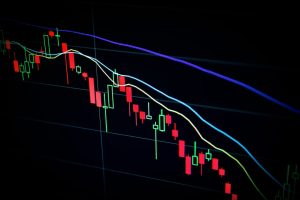When it comes to trading forex, hedging is a common strategy used by traders to minimize risk and protect their investments. It involves opening two positions in opposite directions, so that if one trade incurs losses, the other one will make up for it. However, hedging is not always the best approach for every situation, and traders need to carefully consider when and how to use this strategy.
Here are some factors to consider when deciding whether to hedge a trade in forex:
1. Market conditions – The decision to hedge a trade largely depends on the current market conditions. If the market is highly volatile or uncertain, hedging can help to minimize the risks associated with sudden price movements. On the other hand, if the market is stable and predictable, hedging may not be necessary.
2. Trading goals – Traders’ goals and objectives can also influence their decision to hedge or not. For example, if a trader is pursuing short-term profits, they may choose to hedge their positions to minimize potential losses. However, if a trader is taking a long-term view and is comfortable with some risk, they may opt not to hedge.
3. Risk tolerance – Every trader has a different risk tolerance level, and this plays a critical role in determining whether to hedge a trade or not. Traders who are risk-averse may choose to hedge their trades to limit potential losses, while those who are more aggressive may prefer to take on more risk and avoid hedging.
4. Currency exposure – Hedging can be particularly useful for traders who have significant currency exposure, such as in international business transactions or investments. By hedging their trades, they can mitigate the risks associated with fluctuations in exchange rates.
5. Time horizon – The length of time a trader plans to hold a position can also impact their decision to hedge. If a trader plans to hold a position for a longer period, they may opt not to hedge, as short-term price fluctuations are less likely to have a significant impact on their overall profits.
6. Cost of hedging – Finally, traders need to consider the cost of hedging when deciding whether to use this strategy. Hedging can involve additional fees and commissions, which can eat into profits. As such, traders need to weigh up the potential benefits of hedging against the costs involved.
In summary, hedging can be an effective strategy for mitigating risk in forex trading, but it is not always necessary or appropriate. Traders need to consider a range of factors, including market conditions, trading goals, risk tolerance, currency exposure, time horizon, and the cost of hedging when deciding whether to hedge their trades or not. Ultimately, the decision to hedge should be based on a careful analysis of these factors, as well as a trader’s personal preferences and trading style.





